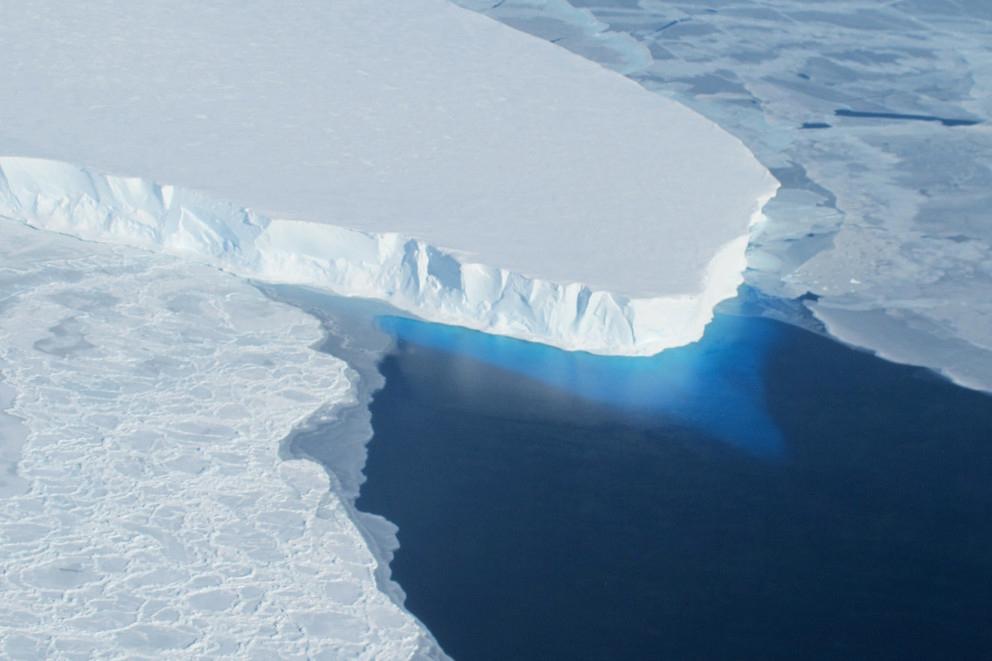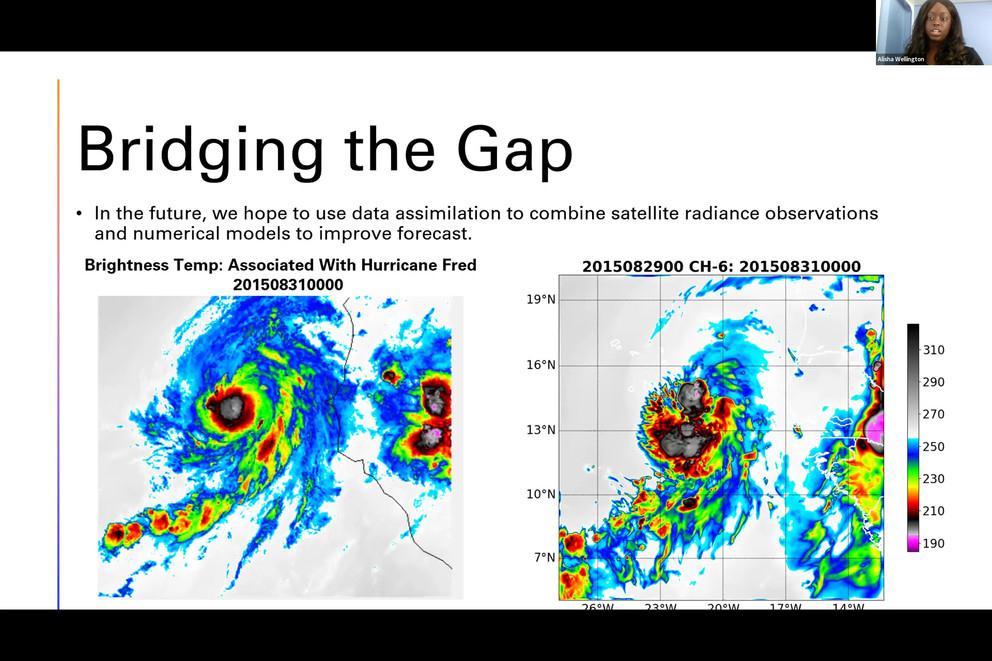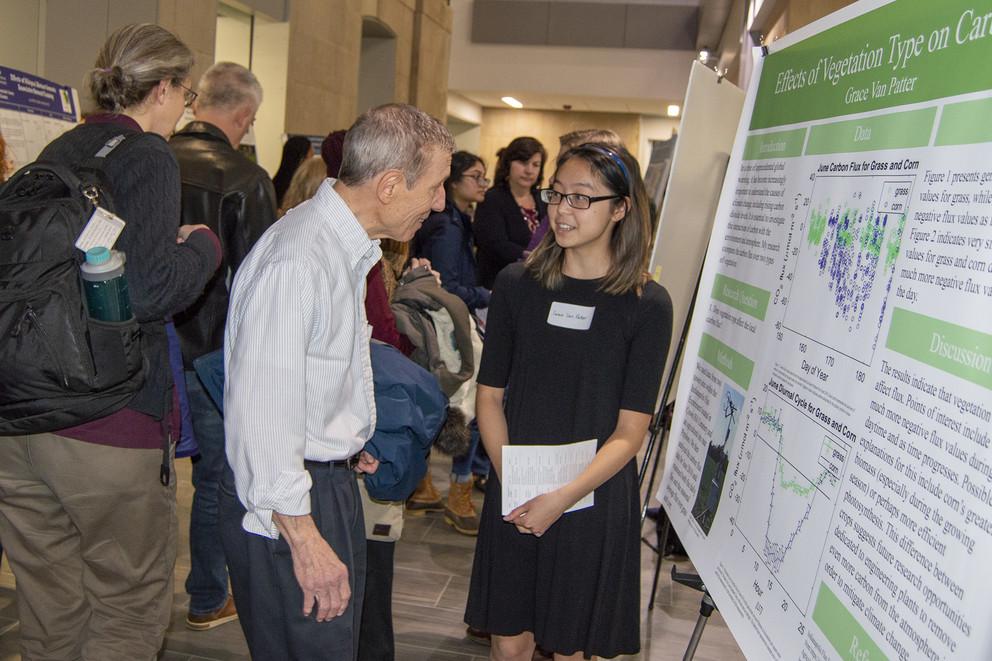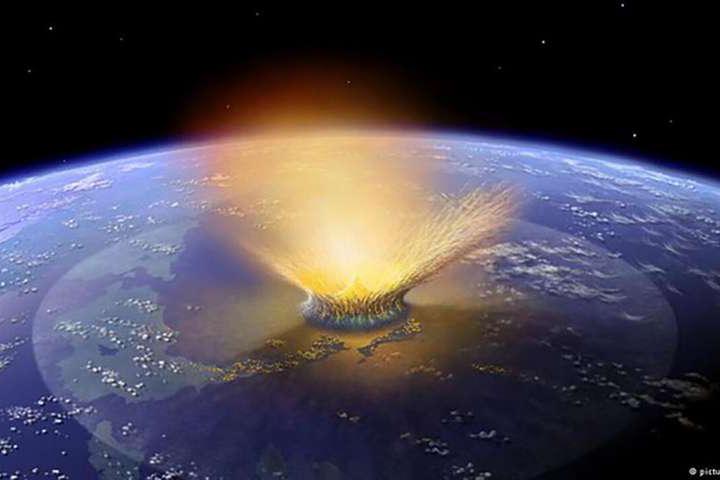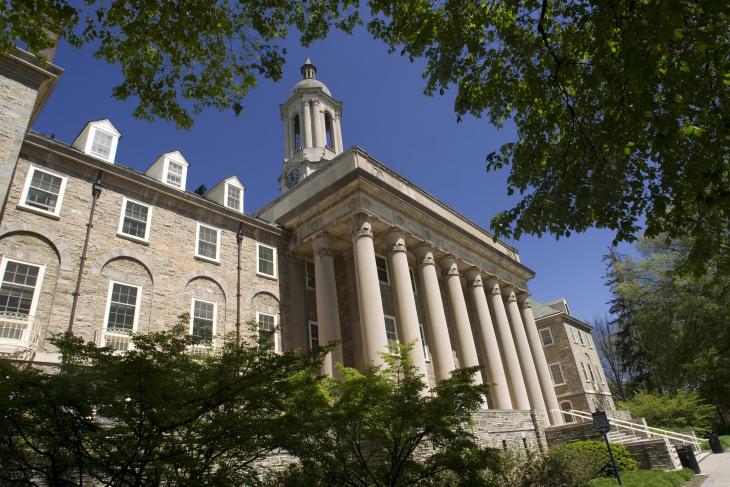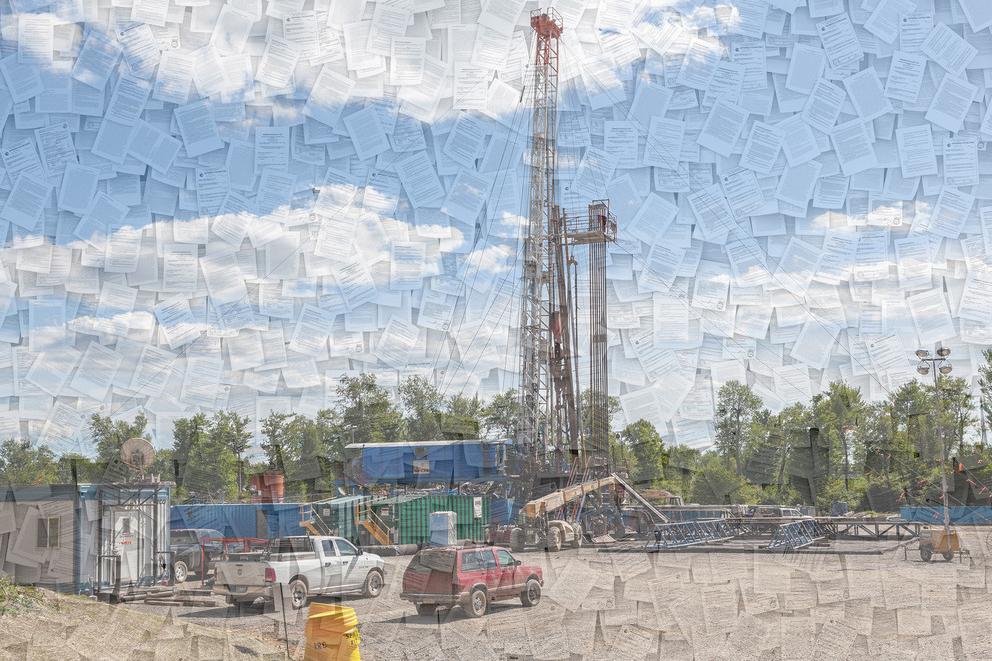Fluctuations in the weather can have a significant impact on melting Antarctic ice, and models that do not include this factor can underestimate the global impact of sea level rise, according to Penn State scientists.
During a summer research experience, something stood out as Alisha Wellington began contrasting forecasts with field observations for Hurricane Fred, which hit the African island nation of Cape Verde in 2015.
The Science and Values in Climate Risk Management virtual seminar series will address the scientific and ethical sides of climate change research, policy analysis and the management of climate risks.
The NASA Pennsylvania Space Grant Consortium (PSGC) is currently accepting applications to its undergraduate research internship programs.
An asteroid impact 66 million years ago may have released trillions of pounds of partially burned fossil carbon into Earth’s upper atmosphere as a cloud of black soot, significantly contributing to the ensuing global darkness, cooling and mass extinction that wiped out the dinosaurs, according to an international team of scientists.
Artificial intelligence is affecting society worldwide, from improving medical diagnostic tools, to bolstering supply chains and refining weather forecasting, along with many more applications. Closer to home, Penn State researchers are also leveraging AI techniques in their work to advance their science.
Pennsylvania is set to join the Regional Greenhouse Gas Initiative (RGGI), a multi-state compact to reduce greenhouse gas emissions from the electric power grid.
Nyansapo, OpenVessel, AI Guide and Cyclone are the winners of the 2020 Nittany AI Challenge.
Even though State governments routinely rely upon interest groups to help them as they craft legislation, researchers found that certain peer-leader states, like Pennsylvania and Colorado, have greater influence in shaping states’ fracking policies, in a study led by Penn State Professor of Geography Jennifer Baka.
An interdisciplinary team of researchers in Penn State’s College of Earth and Mineral Sciences and College of Engineering was awarded a $180,000 grant to investigate comprehensive quality control methods for additive manufacturing (AM), or 3D printing, of metals.


